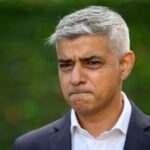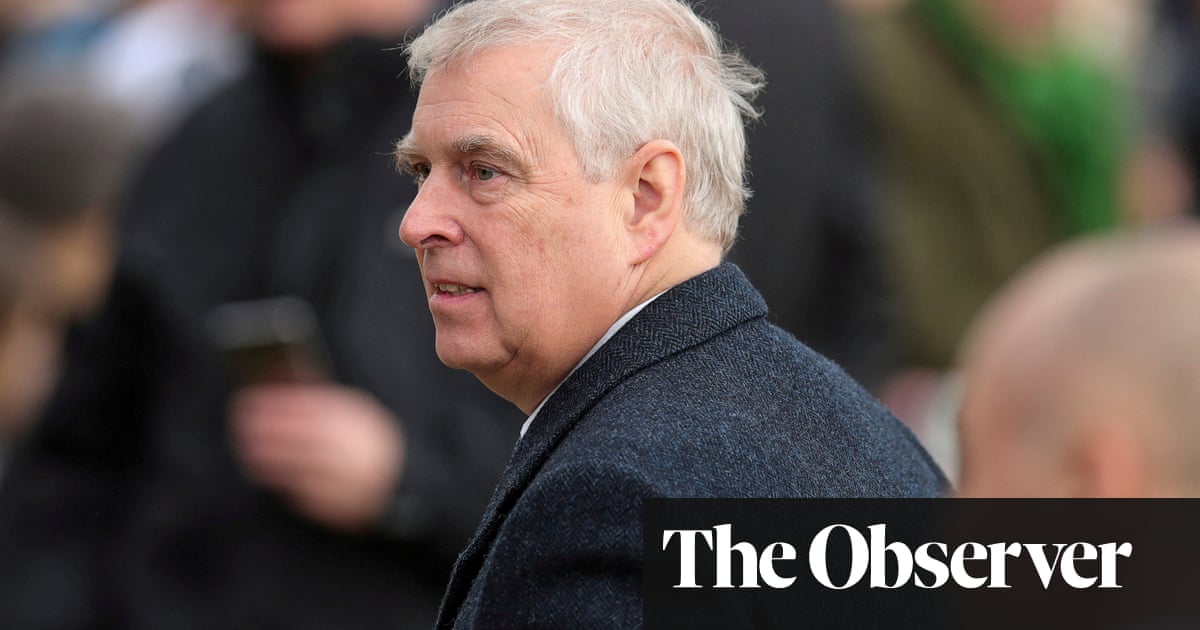The government is to face questions about Prince Andrew and other members of the royal family’s use of public money after talks to overcome restrictions on scrutinising the monarchy in parliament.
Labour peer George Foulkes has had the first of what he intends to be a number of questions about Andrew accepted, after “helpful” discussions last week with the deputy speaker in the House of Lords, John Gardiner. Their talks came after Lord Foulkes said recently that he had been refused permission to table a question proposing a public register of royal interests. He has called for greater scrutiny of the royals, including in parliament.
Parliament’s standing orders and Erskine May, the “bible” of procedure, prevent scrutiny at Westminster of the conduct of members of the royal family. Erskine May states: “No question can be put which brings the name of the sovereign or the influence of the crown directly before parliament, or which casts reflections upon the sovereign or the royal family.”
after newsletter promotion
Foulkes, 83, has argued that there should be changes to the rules to allow parliament to go beyond the current limit of questions, mainly about the cost to the taxpayer of royal residences and events attended by the royals, particularly in the light of continuing concerns over the conduct of Andrew. Lord Gardiner does not appear to have gone that far but has helped Foulkes navigate the restrictions, which also include the requirement that parliamentary questions should relate to matters of government responsibility.
Foulkes has asked ministers to publish details of any briefings provided to the Duke of York by the Ministry of Defence after he left the Royal Navy and during his tenure as the UK’s special representative for international trade and investment from 2001 until 2011. Foulkes has asked for details on the nature of the briefings, when they ceased and the reasons for their continuation post-service.
“There are some suggestions he may have had sensitive briefings and then used the information while talking to other people,” Foulkes said.
He has also tabled a question asking the government to publish annual figures for the cost of royal security and plans further questions about the use of taxpayers’ money by the royal family.
Foulkes, who is awaiting written replies from ministers, said there has been less scrutiny and debate in parliament about the cost of the royals since the civil list was replaced in 2012 by the sovereign grant, which is automatically benchmarked to the equivalent of 12% of the profits of the crown estate, an independent business that hands all its profits to the Treasury.
In the Commons, there has been no opportunity for MPs to discuss concerns about the duke’s activities. MPs have proved unable or unwilling to circumvent Erskine May, and the Commons public accounts committee chaired by the Conservative MP Sir Geoffrey Clifton-Brown has not made investigating the duke’s taxpayer-funded activities a priority.








